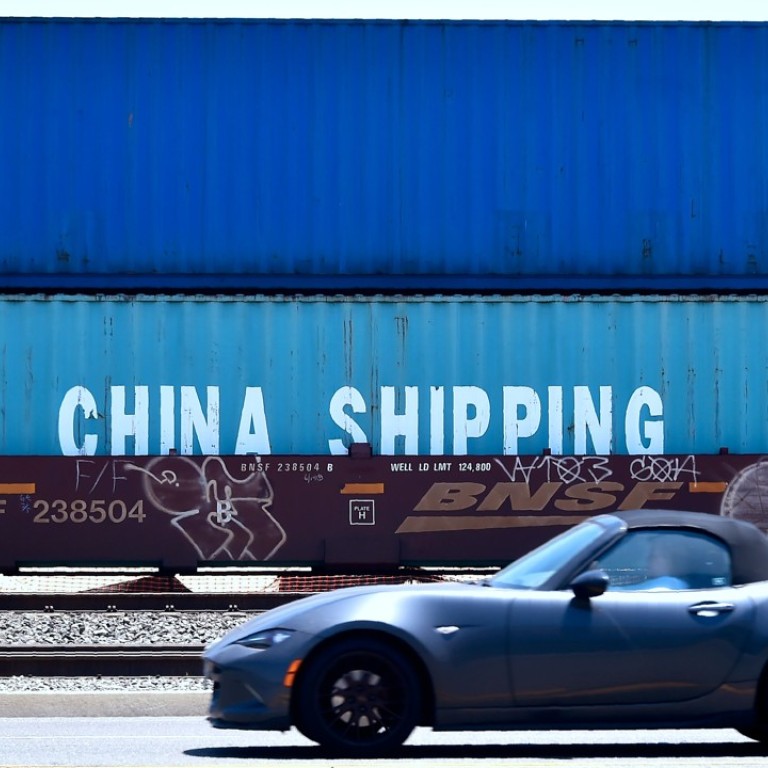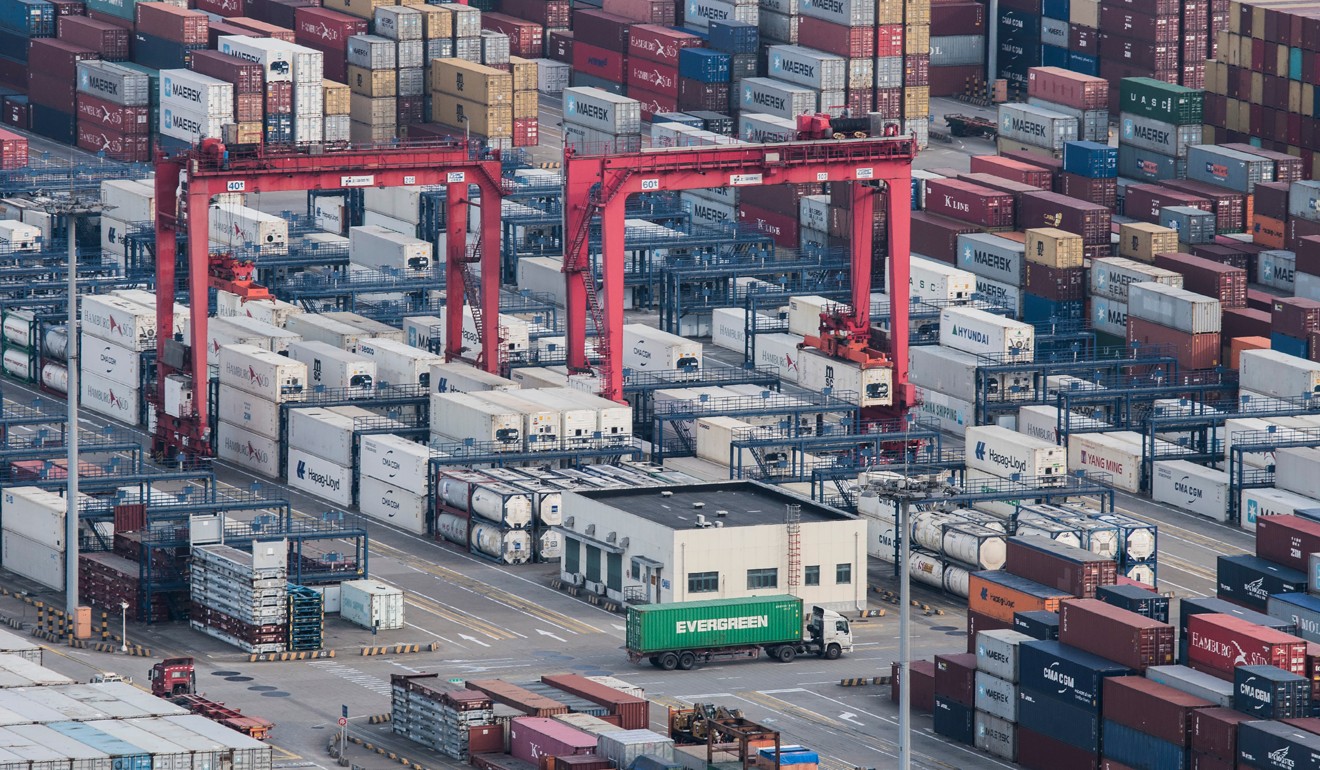
Small US manufacturers, other employers file thousands of China tariff exclusion requests
Many of the companies’ requests warn of job cuts or other harm if they are not granted relief from the 25 per cent import tax imposed by US President Donald Trump.
This story is published in a content partnership with POLITICO. It was originally reported by Doug Palmer on politico.com on October 10, 2018.
The Trump administration has received thousands of requests from small manufacturers and other employers for certain goods to be excluded from tariffs that went into effect on July 6 on about US$34 billion worth of Chinese imports.
Many of the companies’ requests warn of job cuts or other harm if they are not granted relief from the 25 per cent import tax imposed by US President Donald Trump. For instance, Manncorp, an electronics manufacturer supplier, said its business margins could disappear entirely if it has to absorb those costs.
“We are an requesting an exemption from the tariffs on this device as we cannot pass the cost of the tariffs onto our customers and remain competitive in the marketplace,” Henry Mann, president of the company, wrote in a filing. “Exemption from the burden these tariffs would impose would allow us to avoid a payroll decrease and possible slide into insolvency as our associated costs increase.”
Watch: US trade war has little impact on Chinese growth, says Asian Development Bank
Wednesday was the deadline for companies to submit requests to be excluded from the tariffs on the first US$34 billion worth of goods subject to the duties. Anyone objecting to the request has 14 days to file their own form with USTR and the original requester has another seven days to reply.
“Any exclusion will be effective starting from the July 6, 2018, effective date of the additional duties, and extend for one year after the publication of the exclusion determination in the Federal Register,” USTR said in a notice laying out the process. “USTR periodically will announce decisions on pending requests.”
Some companies have enlisted members of Congress to help make their case.
Senators Pat Roberts and Jerry Moran and Representative Roger Marshall, all Republicans who represent Kansas, asked for an exclusion for Benchmark Plastics, a small business in McPherson, Kansas, with four current employees.

It plans to hire 16 more over the next three years. Earlier this year, Benchmark Plastics ordered an expensive piece of equipment from a “reputable Chinese manufacturer” in the hopes of expanding its business, the Kansas lawmakers said. However, the price went up drastically after Trump imposed an additional 25 per cent tariff.
“We believe the added costs brought on by tariffs from a one-time purchase is an unfortunate side effect that will cause lasting damage to this business’ future,” Roberts, Moran and Marshall wrote.
Three other lawmakers – Representative David Price, Democrat of North Carolina; Representative Ralph Norman, Republican of South Carolina; and Representative Scott Perry, Republican of Pennsylvania – made a similar appeal on behalf of Apex Tool Group, which is based in Maryland and employs more than 1,800 people nationwide.
Representative Peter Welch, Democrat of Vermont, urged an exclusion for First Light Technologies, an ultraviolet light manufacturer that employs 70 people in Poultney, Vermont, a town of 3,600 residents.
Representative Jeff Duncan, Republican of South Carolina, made the same for pitch for Electrolux Home Products, which has manufactured refrigerators in Anderson, South Carolina, since 1988 and is in the middle of US$250 million expansion.
“Electrolux is actively taking steps to transition away from Chinese suppliers of compressors. However, they need time to complete this transition,” Duncan wrote.
A precise tally of the number of exclusion requests USTR has received so far was not immediately available. The public comment site on Regulations.gov indicated they had received at least 2,695 and possibly as many as 6,102.
So far, Trump has imposed duties on about US$250 billion worth of Chinese goods. USTR has also established an exclusion process for a second set of US$16 billion worth of Chinese goods that Trump also hit with a 25 per cent tariff. Those requests are due to USTR by December 18.
A search of the Federal Register site did not find a notice outlining exclusion request procedures for the third set of US$200 billion worth of goods, and USTR’s press office did not immediately respond to questions on the issue.

